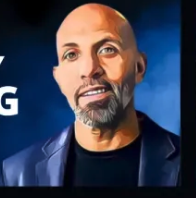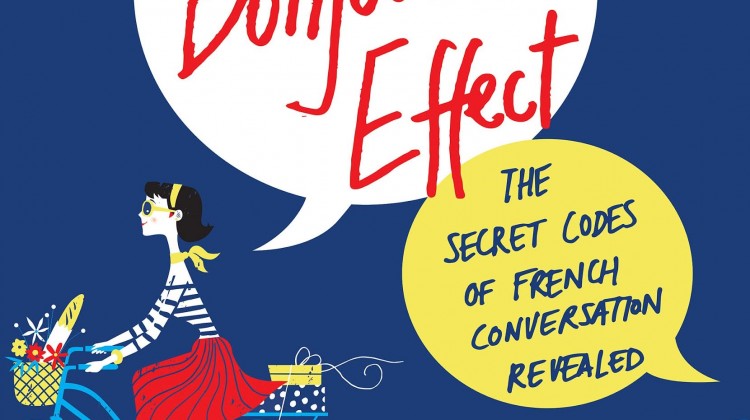 The Toulouse massacres and standoff may have allowed president Sarkozy to score a few points in the run-off for the presidential elections, but he still stands as the loser. Polls show a virtual tie against the Socialist François Hollande, with Mr. Sarkozy showing a 28% lead in voting intentions against Hollande’s 27%. Indeed, Mr. Sarkozy effervescent campaign has overcome Hollande’s 6% lead by blowing hot and cold about immigration or terrorism.
The Toulouse massacres and standoff may have allowed president Sarkozy to score a few points in the run-off for the presidential elections, but he still stands as the loser. Polls show a virtual tie against the Socialist François Hollande, with Mr. Sarkozy showing a 28% lead in voting intentions against Hollande’s 27%. Indeed, Mr. Sarkozy effervescent campaign has overcome Hollande’s 6% lead by blowing hot and cold about immigration or terrorism.
But this will not be enough because France has a two-round system, and it’s the second round that matters. Mr. Hollande is assured that most of the left and even the center will rally to him rather than to Sarkozy on the second round, which is why even if he is in a tie with Sarkozy on the first round, he enjoys a solid 8 to 10% lead for the second round.
Such are the arithmetic and psychology of the two-round system à la française. In the first round, which is slated for April 22nd, the popular vote is split between ten candidates. They range from the Front National on the extreme right to a more varied choice of extremes on the left – between the Trotskyites to communists and greens.
According to the rules, eight of these 10 candidates will be weeded out for the second round, two weeks later, on May 6th, which always opposes the top two candidates.
This system, the brainchild of Charles de Gaulle in 1965, has a number of benefits. It allows all parties to have a kick at the cat while giving voters the chance to express personal inclinations on the first round. But the winner of the second round is the one who rallies the largest numbers of voters.
It’s a good system, even if a glitch in 2002 divided the left so much that the socialist candidate, Lionel Jospin, slipped to number three, behind the extreme right’s Jean-Marie Le Pen, who made it for the second round.
This time around, the Socialist have sworn that it would not happen. Last fall, they even created they own system of primaries to nominate a candidate – François Hollande – who garners an unusually high support on the first round.
This is why Nicolas Sarkozy, a very skilled campaigner, has been blowing hot and cold over immigration and race relations, two issues about which the Socialists are singularly paralyzed. At the beginning of March, Mr. Sarkozy came down pretty hard on immigration, claiming there are “too many foreigners.”
This was clearly an attempt to steal some of the thunder from Marine Le Pen, the extreme right firebrand whose xenophobic Front National party has always been criticals of aliens – although she has managed to tone down the rhetoric about Jews.
All changed with what happened in Toulouse, with the death of Mohammed Merah, an Al-Qaida sympathizer who had shot three French soldiers (one African and two North Africans), a rabbi and three Jewish kids in a nonsensical killing spree that ended in a fatal 30-hours standoff with the police.
During these incidents, Nicolas Sarkozy turned around and stood as the voice of moderation. While Marine Le Pen denounced muslim immigrants, Sarkozy took the high road and called for open-mindedness, while being tough on terrorists.
Clearly, Nicolas Sarkozy is a sharp campaigner who understands that he cannot attract the center on the issue of immigration alone, for the simple reason that most French just don’t want to hear about it.
What is most fascinating about the issues of immigration and minority relations in France is the silence. France has been, for a long time, a country of immigration, which has lend to a number of problems like the formation of ghettos and structural unemployment – at the origin of the famous suburban riots of 2005.
Since the end of World War II, religion and ethnicity have been a political taboo in France. Even the national census is not allowed to ask questions on the issue – the assumption being that a French national is nothing but French with respect to the law. Nothing should trouble the French melting pot.
This generous idea has come to the test of racism and this is not going well. Millions of French youth of foreign origin, all French nationals, are discriminated against in the work place. How many? Sorry, can’t even ask.
For 40 years, the entire French political class hushed the underlying issue of disenfranchised «youth» – a code word for jobless Africans and North Africans. Even the memorable riots of 2005 have not inspired an in-depth public investigation on the problem.
All societies have a political taboo – in the United States, it is very difficult to question the market economy or redistribution. In the case of France, it’s race relations.
Only the Far Right has dared to do it, for its own xenophobic purposes. The left has been totally paralyzed on this issue. Sarkozy, who is himself the son of an immigrant and a Jew, is one of the few politicians outside of the extreme right who has dared cross the line.
But the French are not ready yet to have a national conversation on the issue – and it is doubtful that an election is the best time to open this can of worms. This is why Sarkozy is shifting his campaign from immigration to security, in hope of eating more of François Hollande’s lead and teach him a lesson in political campaigning.
It is doubtful that he will succeed, because this is again the turf of the extreme right and drives him away from the center.










